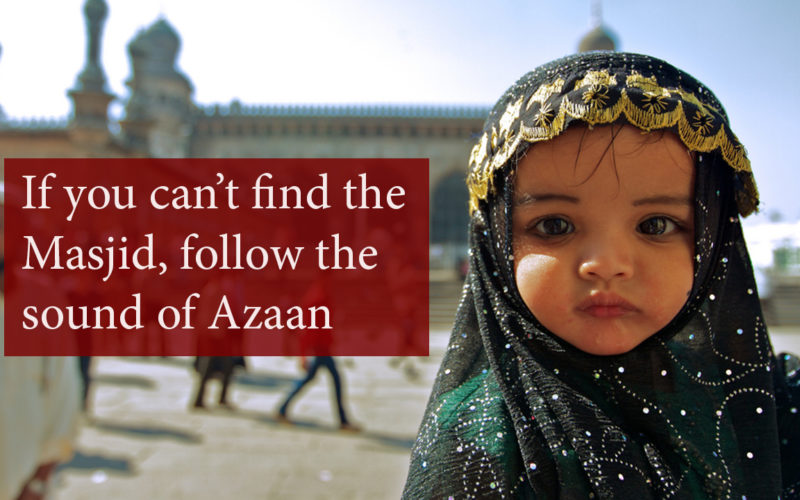- 23.4Kshares
- Share
- Tweet
- Facebook Messenger
Islam, the word, actually means submission to the Almighty. A religion that associates itself with sincere devotion, rich culture, a poised and graceful restraint, and profundity, Islam is beautiful and deep. Let’s, for a moment, just allow the splendor of Islam sink in for a bit.
1. The transcendence of Islamic music
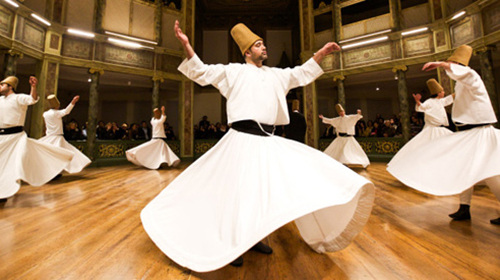
While many scholars believe that music is prohibited in Islam, certain schools of thoughts opine that it is the only kind of music that is composed with an intention to titillate the base feelings, or to ridicule or disrespect delicate beliefs of humans is prohibited. This means Islam does approve of music that ascends from the depths of belief and bares the soul to the Almighty.
You can feel such hermetic elevation in the unbounded melodies of Sufi, the finesse of Makam improvisations that could be graphed as the trails of a serpent on the Arabian sand, and the heartfelt folk of the Kurds are a just a few to mention of the vast diversity Islamic music that feeds your soul with nothing but love and devotion.
2. Watch a Muslim man pray
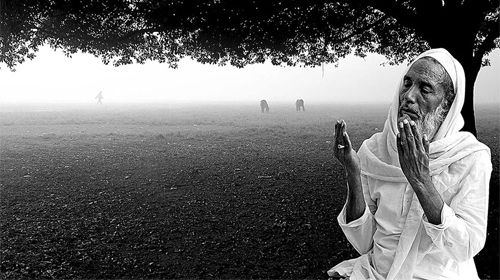
One of the most beautiful things to watch is the reverence and elegance of the Namaaz. For a quiet prayer to the Supreme, the Muslims kneel down, bow and prostrate five times a day. The soft chants of the religious verses with every posture they utter sound as if every word has been chosen carefully to articulate the perfect parlance while talking to Divinity.
The poetics of the prayers, the posture of subjugation, the reticent isolation in which each man appear to travel through his prayers to a greater realm, and the way they come back and get on with their daily lives never fail to illustrate the beautiful mysticism of Islam and its believers.
3. The serenity of a mosque
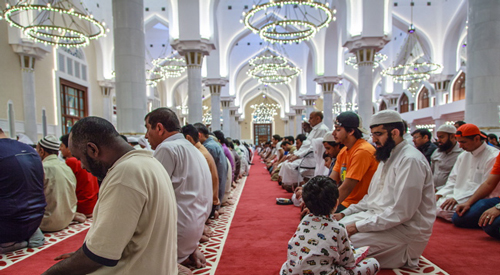
Be it the Mecca in Saudi Arabia or the one right down the busy city street, the tranquil walls of the home of Allah never fail to fill your heart with obeisance. If you can’t find a mosque, listen to the sound of Azaan, travelling from the Minaret, a tower in the mosque, through the air and you will find your way to the house of the Supreme. This is the sound to which the believers head towards the mosque, to offer their prayers, kneeling down and facing the Qibla, the wall that is fixed in the direction of Mecca.
Influenced by different architectural styles of the Umayyad Dynasty, the Persians as well as the Ottomans, mosques are intricately designed with theosophic artwork but never representing a bodily form of the Supreme through them.
4. Islam regards Jesus with respect

In Islam, Jesus is referred to as the Al-Masin (The Messiah). The Quran recognizes the existence of Jesus as a prophet and mentions his name 93 times in holy verses – Ayaats. Like any other prophet of Islam, Jesus is also considered as a Muslim which is not even remotely blasphemous because according to Islam, a Muslim is someone who submits to God’s will – pretty much the same basic essence of how Christianity perceives the Son of God.
Islam believes, that Jesus would return to earth on the Day of Judgement to defeat the Al-Massish Ad-Dajjal(Antichrist) and restore justice – an honest belief that the goodness will triumph over evil, that a savior shall come when injustice peaks – just as Krishna had promised – just as Jesus would.
5. The principles of money
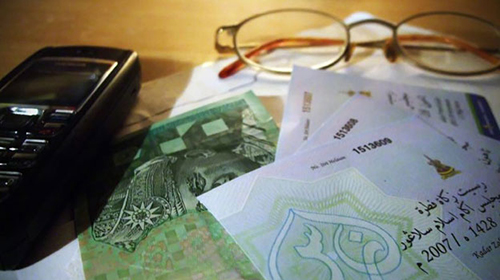
A very interesting policy regarding finance is that Islam does not approve of charging interest on loans. Leaving aside the practicality of such policies, the Islamic non-materialistic approach of dealing with money, a human creation that determines if you’d have food in your plate or shelter to sleep at night, is quite fascinating. The functionality of the interest free Islamic banks that sustain through a profit sharing policy rather than charging interest is quite a socialist approach.
It’s not about how relevant the policies are in regards to world finance and economy but the fact that the Quran urges to refrain from charging interests on loans is undeniably lofty considering the fact that the loan markets eventually, in most cases, exploit the debtors, or even affect the world economy as it did in case of the subprime loan crisis of US in 2007.
6. The recovery of Aristotle
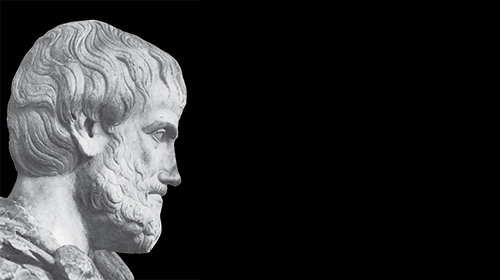
One of the most valuable contributions to the world had been the preservation and translation of Aristotle’s ideas by the Early Middle Age Muslim scholars. The Arabic texts of Aristotle’s ideas reached the west in the Middle Ages, bringing forth a paradigm shift in the human understanding of the solar system.
The Catholic Church had made attempts to censor certain views of Aristotle such as Heliocentrism and the notions of a personal God because they challenged the beliefs of the Church. Had it not been for the preservation of these ideas, the world would have never been vary of Aristotelianism, a philosophy that changed the western outlook forever.
7. The true meaning of Jihad
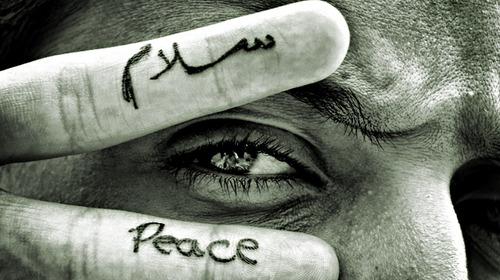
Isn’t Jihad now the most alarming word the media can feed? Jihad doesn’t really mean a holy war but it actually refers to the inner struggle a human must face and overcome to be worthy of presenting himself to Allah. The Mujaihid, a person engaged in Jihad struggles and preserves himself against his own demons – spending his lifetime, striving for the perfection of the mind, body and soul.
However, Islam realizes that in a world of temptations and hardships, it is hard to walk the path of righteousness. Thus, the effort to stick to path of truth is realized as a struggle and that is precisely what Jihad means.
Let the belief never be misinterpreted.
- 23.4Kshares
- Share
- Tweet
- Facebook Messenger




